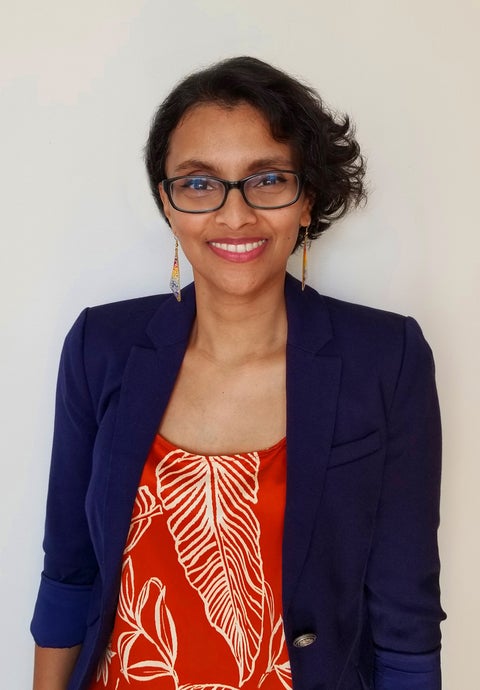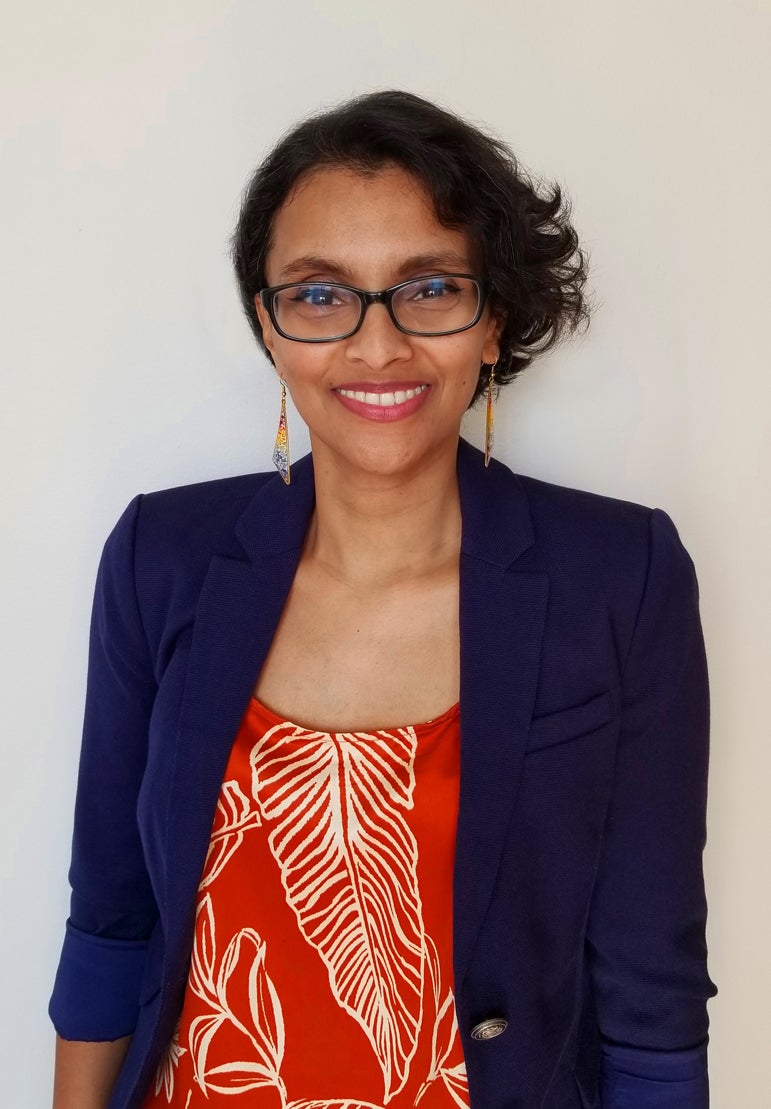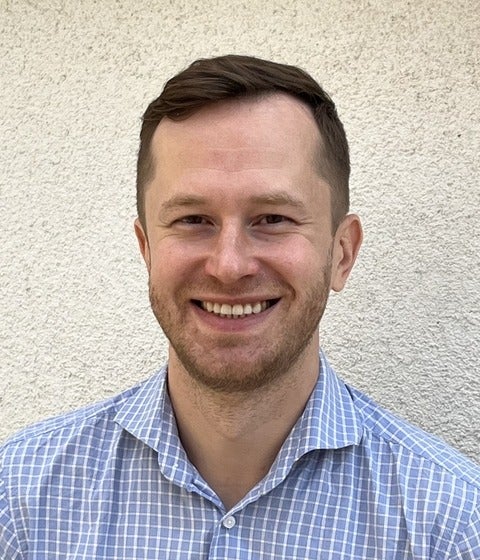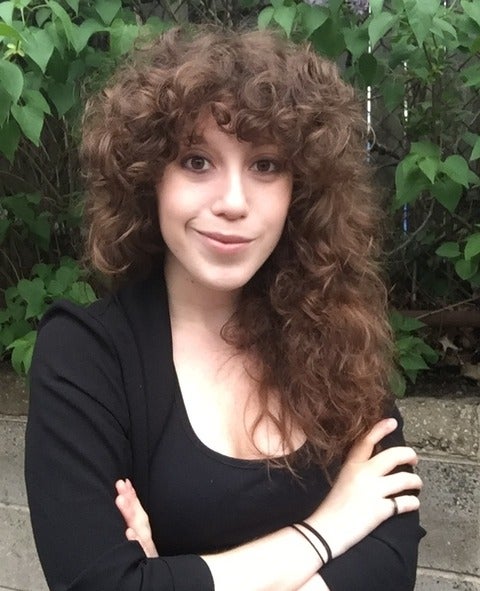I investigate how learners seek to figure out the world around them by taking actions and considering possibilities. My research examines how children (and adults) learn and reason about causal systems and how learners make decisions during exploration. By integrating cognitive development with ideas from philosophy and computational modeling, I aim to better understand the spontaneous (and sometimes puzzling) behavior of human learners."
There's a headshot attached, and the other bits of information are below:
Google Scholar Profile: https://scholar.google.com/citations?user=-yRWRtkAAAAJ&hl=en
Personal Website: https://www.elizabethlapidow.net
List of Representative Publications:
Lapidow, E., & Walker, C. M. (2022). Rethinking the “gap”: Self-directed learning in cognitive development and scientific reasoning. Wiley Interdisciplinary Reviews: Cognitive Science, 13(2), e1580. doi: 10.1002/wcs.1580
Lapidow, E., Killeen, I., & Walker, C. M. (2022). Learning to recognize uncertainty vs. recognizing uncertainty to learn: Confidence judgments and exploration decisions in preschoolers. Developmental Science, 25, e13178. doi: 10.1111/desc.13178
Lapidow, E., Tandon, T., Goddu, M., & Walker, C. M. (2021). A Tale of Three Platforms: Investigating preschoolers’ second-order inferences using in-person, Zoom, and Lookit methodologies. Frontiers in Psychology, 12:731404. doi: 10.3389/fpsyg.2021.73404
Lapidow, E., & Walker, C. M. (2020). Informative experimentation in intuitive science: Children select and learn from their own causal interventions. Cognition, 201, 104315. doi: 10.1016/j.cognition.2020.104315







